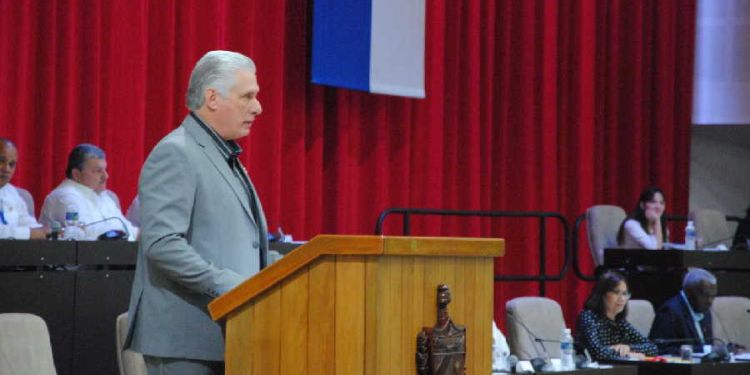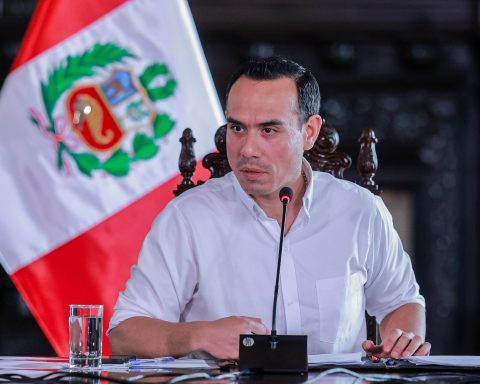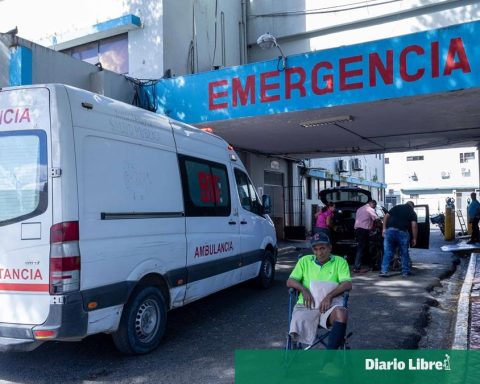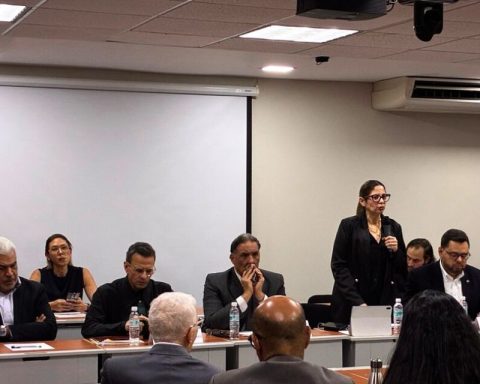The magistrates of the Superior Chamber of the Electoral Tribunal of the Federal Judiciary (TEPJF) modified the call issued by the Chamber of Deputies to elect four new directors of the National Electoral Institute (INE).
They ordered the Technical Evaluation Committee, in charge of evaluating the profiles of the candidates, to clearly identify the five for the position of president of the General Council of the INEas well as establishing clear rules regarding gender parity, in addition to acting with complete autonomy from the Political Coordination Board of the Chamber of Deputies.
“This Superior Chamber is competent to hear this type of matter, since the plaintiffs are contesting an agreement of the Chamber of Deputies, of the Congress of the Union, regarding the process of designation of electoral councils of the General Council of the INE, for which the judicial review of this act corresponds exclusively to this jurisdictional body”, warned the president of the TEPJF, Reyes Rodríguez Mondragón.
In an urgent plenary session, the presiding magistrate said that the matter alleges the affectation of the exercise of political-electoral rights of the citizens and the Media lawwhich gives the Electoral Tribunal the review of this type of acts, specifically in the case of the process of designation of the electoral authorities.
The plenary session of the Superior Chamber established that the summons issued by the Chamber of Deputies gives an undue intervention to its Political Coordination Board at two different moments of the evaluation procedure of the applicants.
This is due to the fact that article 41 of the Constitution does not establish that the Evaluation Committee must inform the Coordination Board of the decisions it issues during the different phases of evaluation, but until it integrates the lists of the best evaluated proposals.
In this way, the Court considered that the call grants the Coordination Board an attribution that does not correspond to it, thereby violating the principle of legality, coupled with the fact that it jeopardizes the autonomy and impartiality of the Committee’s actions.
The foregoing, without prejudice to the fact that the Evaluation Committee, in accordance with the principle of maximum publicity, must make known the different lists of applicants that will advance in the different evaluation stages.
It also determined that the position of the Presidency of the General Council must be differentiated from the rest of the electoral departments to be designated, for the purposes of complying with the principle of gender parity and for its presentation before the Plenary of the Chamber.
The foregoing, because of the harmonious interpretation of subparagraphs b) and c) of section A, of Base 5 of article 41 of the General Constitution that provide that the Evaluation Committee must verify the suitability of the applicants to hold the position, and it is noted that it must integrate a specific quintet for the Presidency of the General Council; Hence, the designation by the plenary session of the Chamber must be made through different ballots for that Presidency and for the rest of the electoral departments to be appointed, considering that each of these positions has different attributions and functions. specific.
Therefore, it will have to be the Chamber of Deputies itself, in exercise of its powers and attributions, the one that must issue in a well-founded, motivated and exhaustive manner the guidelines that will be applied in the appointment to fully comply with the principle of parity of gender, from differentiating the lists for the Presidency of the other ministries.
Judge Janine Otálora said that one of the great advantages of the 2014 constitutional reform was the creation of the Technical Evaluation Committee, which is autonomously in charge of examining and evaluating the profiles of all candidacies to occupy an electoral council.
















